A is for Agustin
Directed by Grace Simbulan- Documentary Features
- 2019
- 74 mins
- San Diego premiere
Q&A with the filmmaker after the screening
Official Selection: Udine Far East Film Festival 2021, Austin Asian Film Festival 2021, QCinema 2019
Living in a remote corner of the Philippine islands, Agustin is an Indigenous man who loves to sing, but never had the opportunity to learn to read or write. When his boss repeatedly cheats him out of his wages, 40-year old Agustin decides to enroll in grade 1.
Over the next six years, Agustin becomes increasingly torn between two realities – the children’s world in school, and the increasingly harsh reality of the world outside. As the needs of his family mount, and as food and money become increasingly scarce, Agustin must decide whether to continue his own quest for self-improvement – or pass the opportunity on to his son.
Filmed and told in an immersive style, the film invites the audience to hope and dream with Agustin, and to understand the harsh reality that makes his optimism — and the optimism of many Indigenous peoples — ultimately so fragile
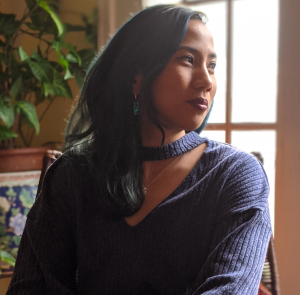 Grace Pimentel Simbulan is a transnational Filipina scholar-activist and filmmaker whose works are a commitment to the life and struggles of Indigenous, Black, and Brown people. Her first feature-length documentary, A IS FOR AGUSTIN, received funding from the governments of the Philippines and South Korea and was shown in various mainstream and independent cinemas in South Korea, China, US, and throughout the Philippines. The film was also featured in CNN Philippines’ Top 10 Filipino Films of 2019.
Grace Pimentel Simbulan is a transnational Filipina scholar-activist and filmmaker whose works are a commitment to the life and struggles of Indigenous, Black, and Brown people. Her first feature-length documentary, A IS FOR AGUSTIN, received funding from the governments of the Philippines and South Korea and was shown in various mainstream and independent cinemas in South Korea, China, US, and throughout the Philippines. The film was also featured in CNN Philippines’ Top 10 Filipino Films of 2019.
The experience and knowledge she obtained through her years in the Indigenous community became her driving force to pursue a master’s degree at the University of Wisconsin-Madison where her research explores the pressures, counter pressures, and negotiations that lead to the adoption of projects for Indigenous women and children in the Philippines.
Grace is one of the contributors to the book, Indigenous Futures and Learnings Taking Place which was published by Routledge last 2020. Her chapter focuses on dreams and dream sharing as a critical means of documenting and passing on Indigenous knowledge.

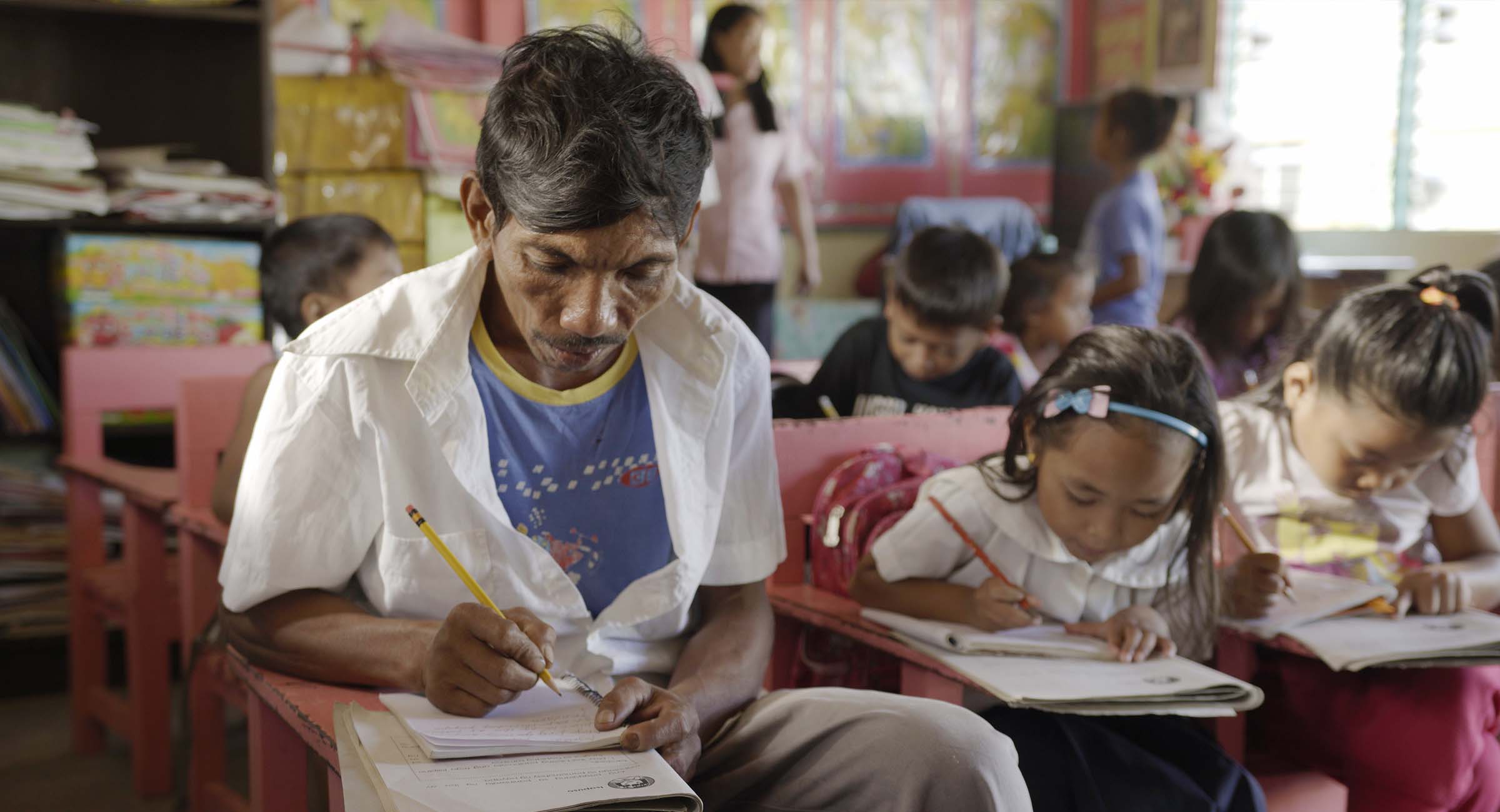
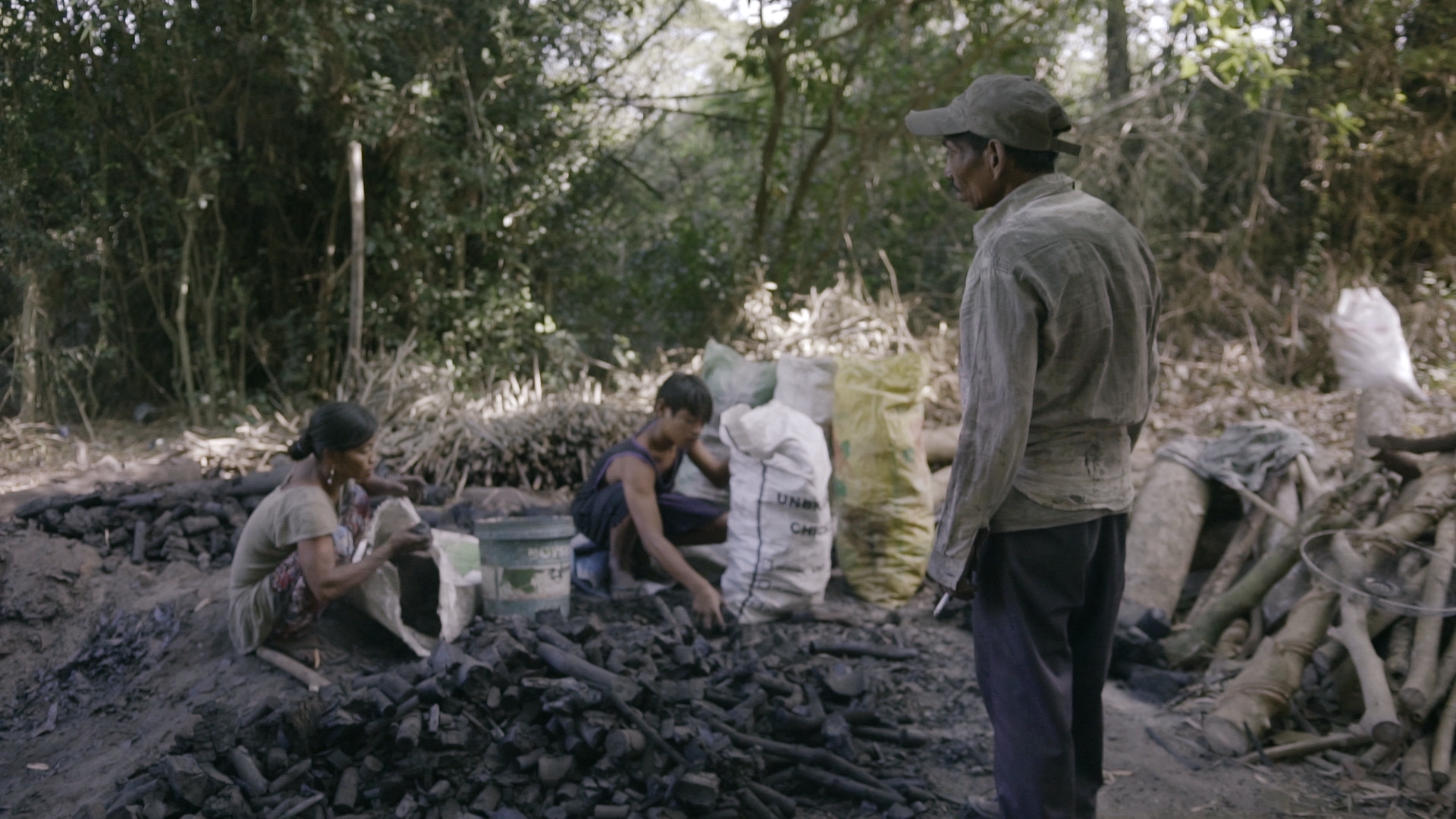
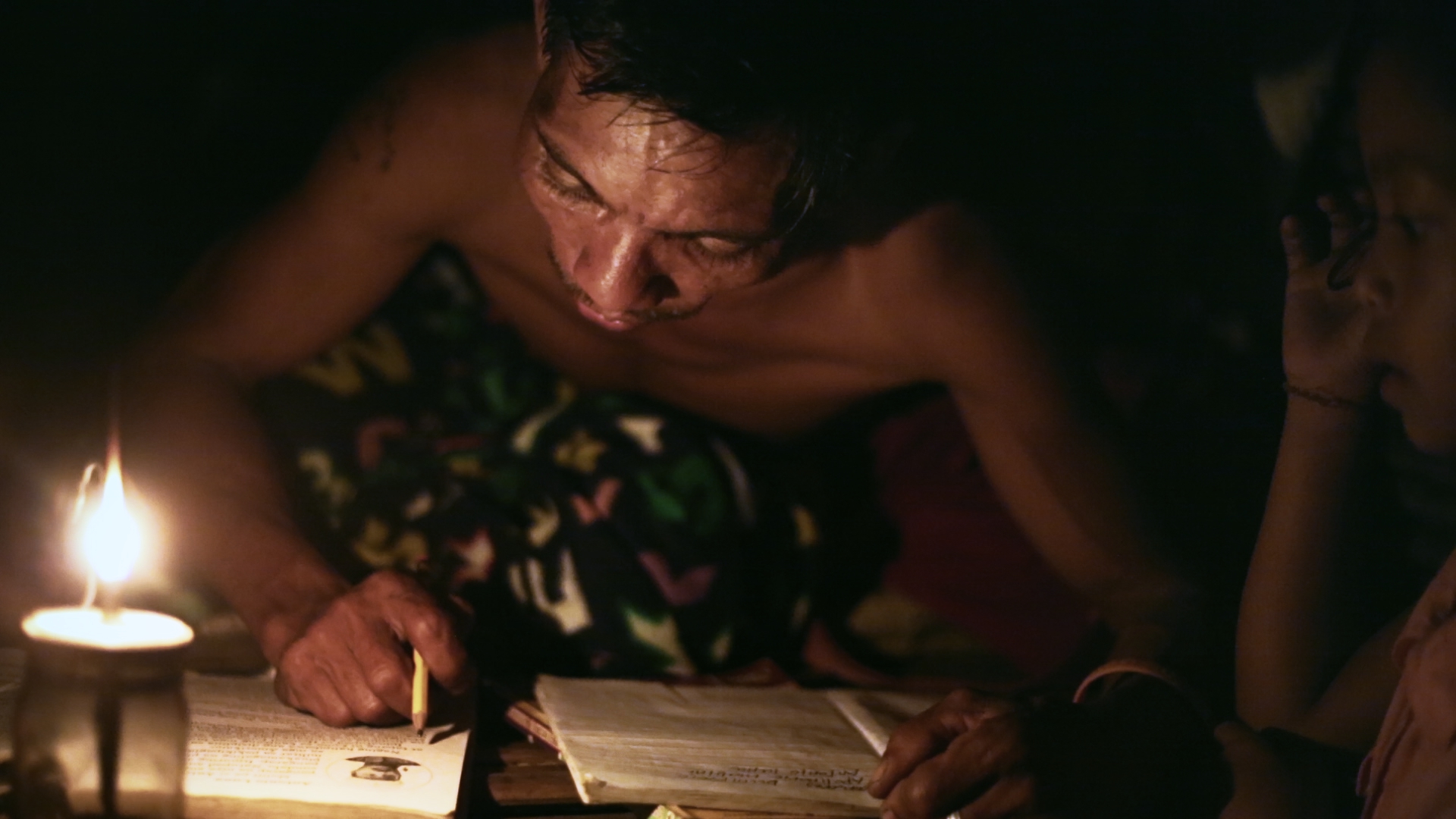
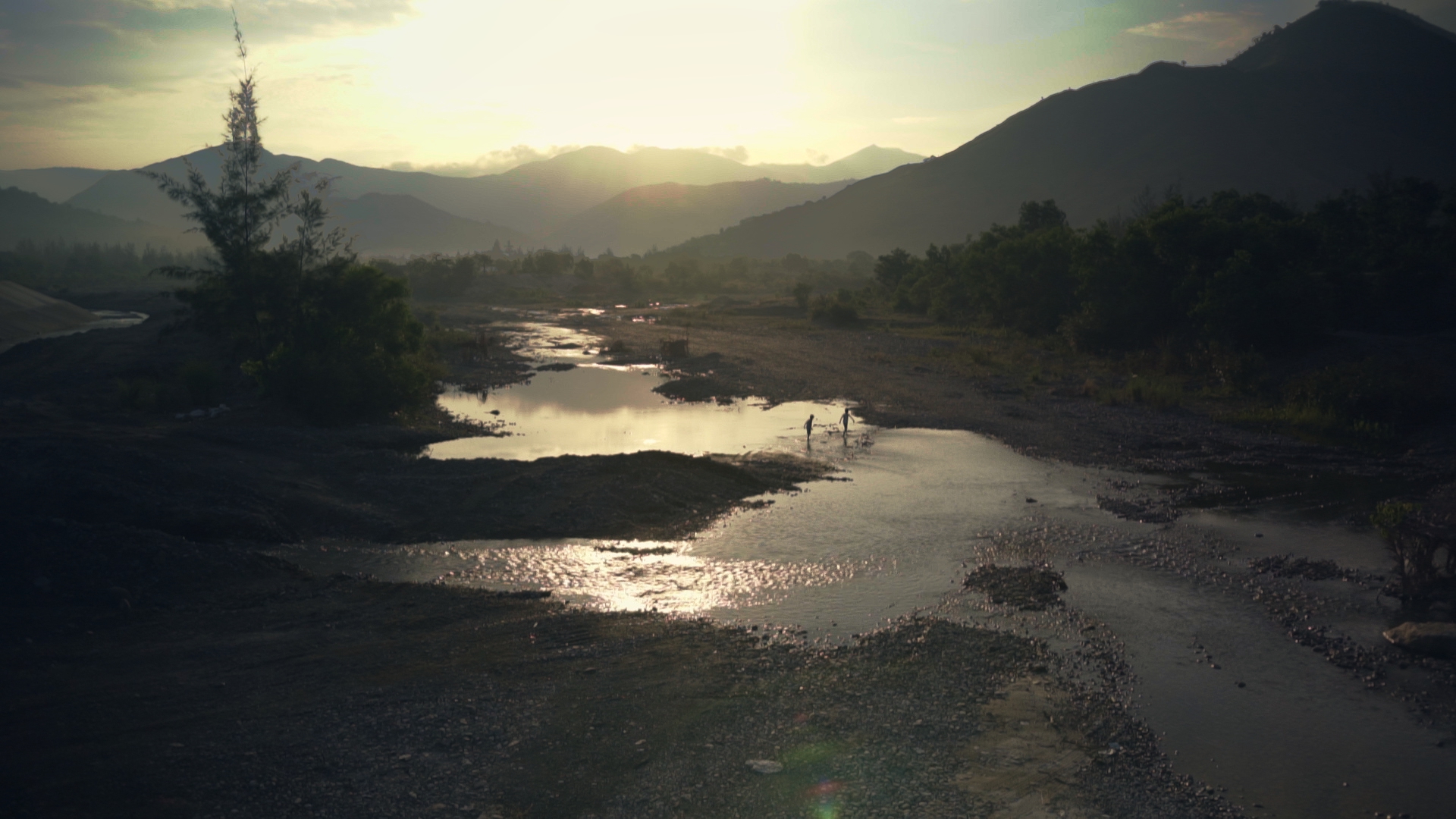
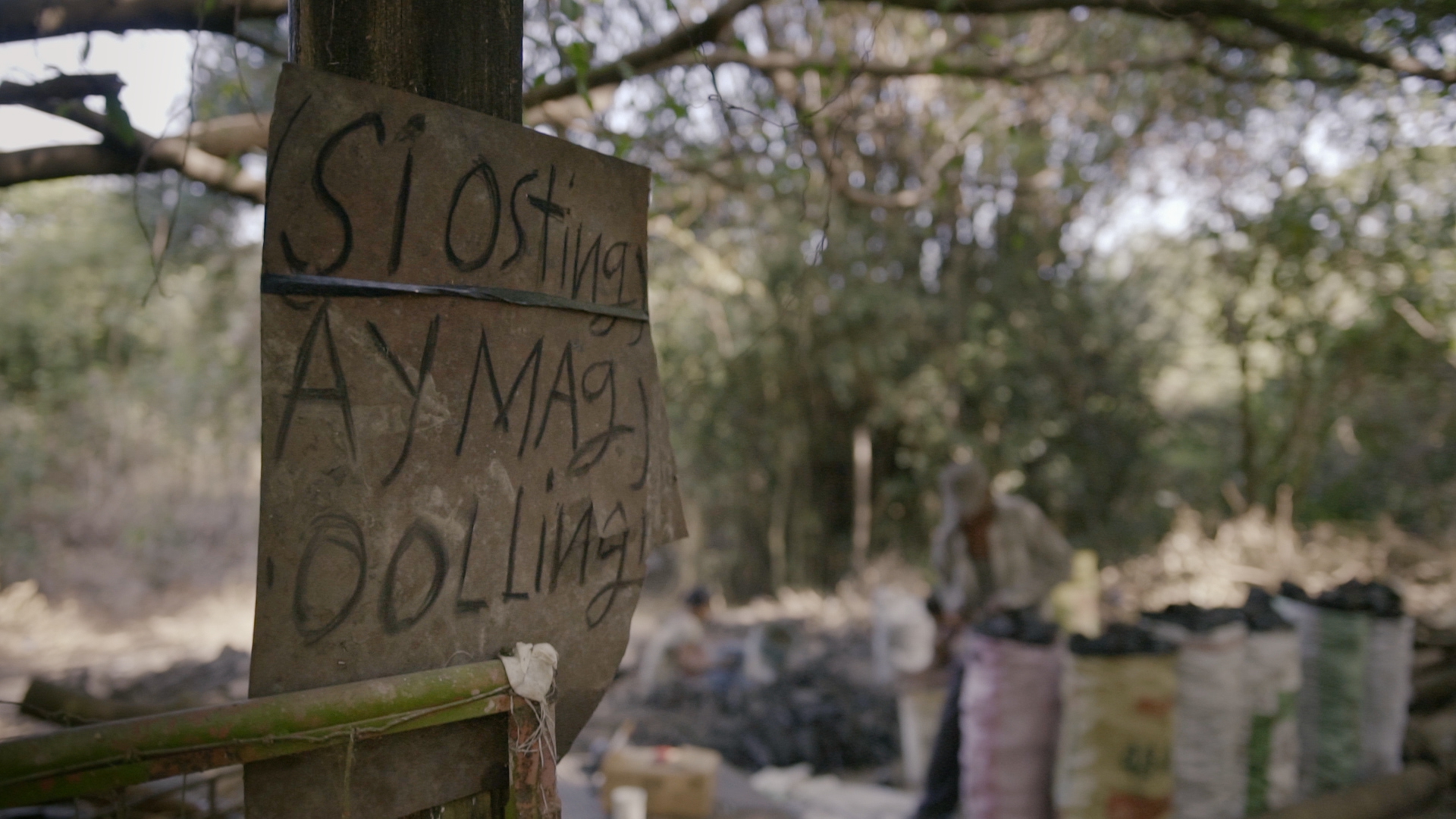


 tweet
tweet share
share